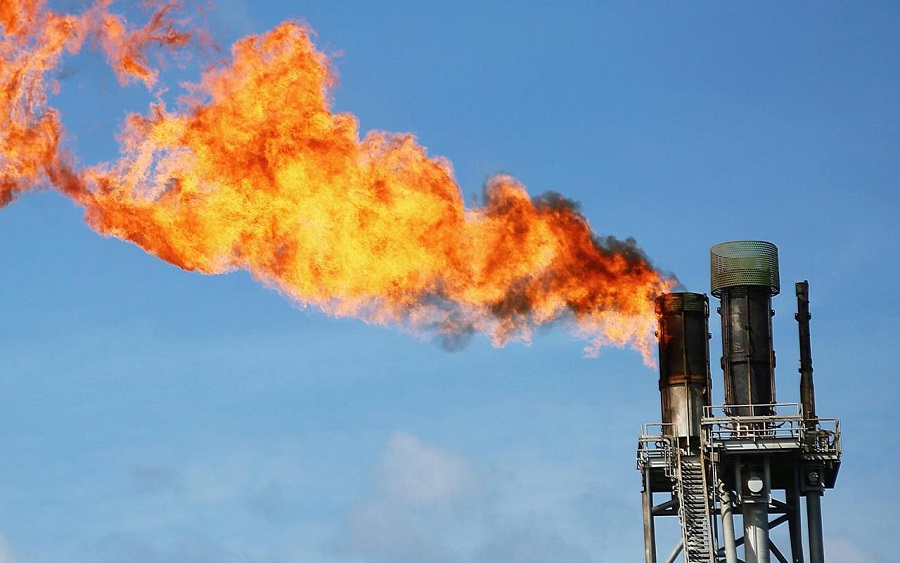The World Bank stated that Nigeria alongside, Russia, Iraq, Iran, the United States, Algeria and Venezuela were the highest gas flaring nation in the world in the past ten years.
The World Bank disclosed this in its gas flaring satellite data for 2020, through its World Bank Global Gas Flaring Reduction Partnership (GGFR) on Wednesday in Washington DC.
The bank disclosed that the satellite launched in 2012 has tracked flaring from the countries mentioned, which produce 40% of global crude oil output but account for 65% of all flared gasses.
READ: Gas flaring: A never-ending dark tunnel
“This trend is indicative of ongoing, though differing challenges facing these countries. For example, the U.S. has thousands of individual flare sites, difficult to connect to a market.
However, a few high flaring oil fields in East Siberia in the Russian Federation are extremely remote, lacking the infrastructure to capture and transport the associated gas.
Nonetheless, the world still flares enough gas to power sub-Saharan Africa. The U.S. accounts for 70 percent of the global decline, with gas flaring falling by 32 percent from 2019 to 2020, due to an eight percent drop in oil production, combined with new infrastructure to use gas that will otherwise be flared.”
READ: LNG boss tasks FG to begin the monetization of Nigeria’s gas
The report added that oil production dropped from 82 Mbps in 2019 to 76 Mbps in 2020, citing global gas flaring reduced from 150 billion cubic meters (bcm) in 2019 to 142 bcm in 2020.
According to Mr Demetrios Papathanasiou, Global Director for the Energy and Extractives Global Practice at the World Bank, with gas flaring still releasing over 400 million tons of carbon dioxide equivalent emissions each year, now is the time for action.
“We must forge ahead with plans to dramatically reduce the direct emissions of the oil and gas sector, including from gas flaring,” he added.
READ: In a decade of gas, why is the NGFCP stuck in the pipeline?
What you should know
Nairametrics reported in 2019 that increased processing and exportation of Liquefied Natural Gas (LNG) dropped Nigeria’s global gas flaring profile by 40% in 20 years.














